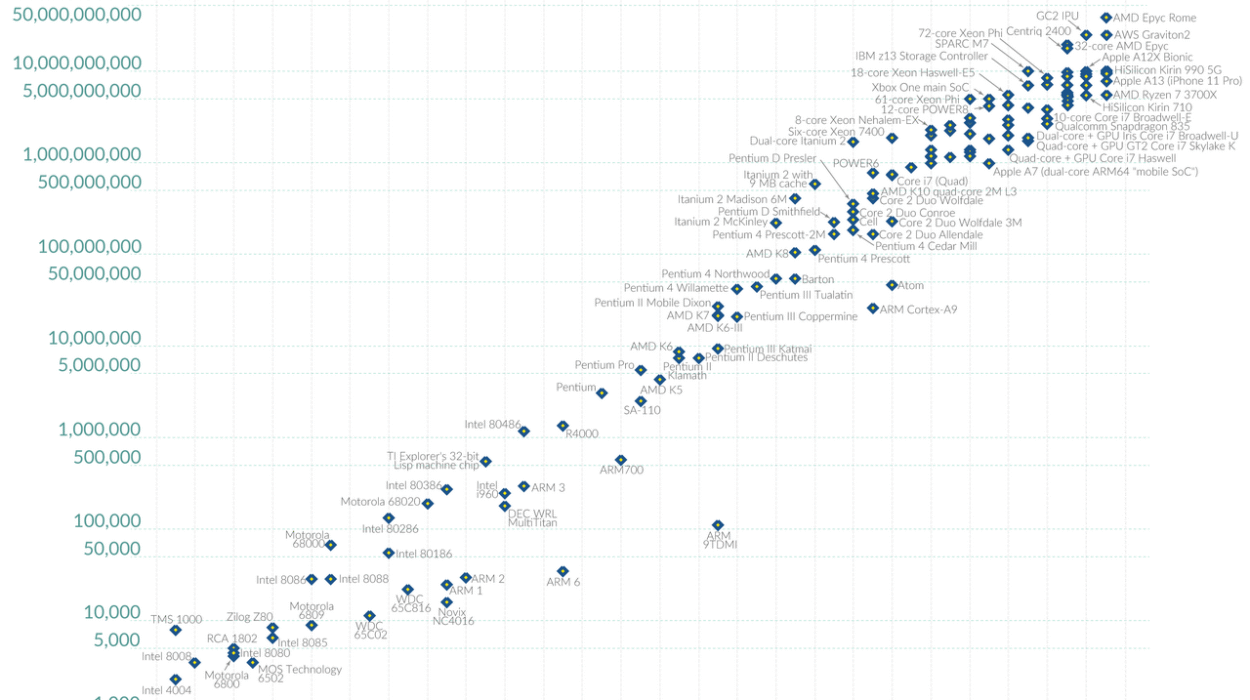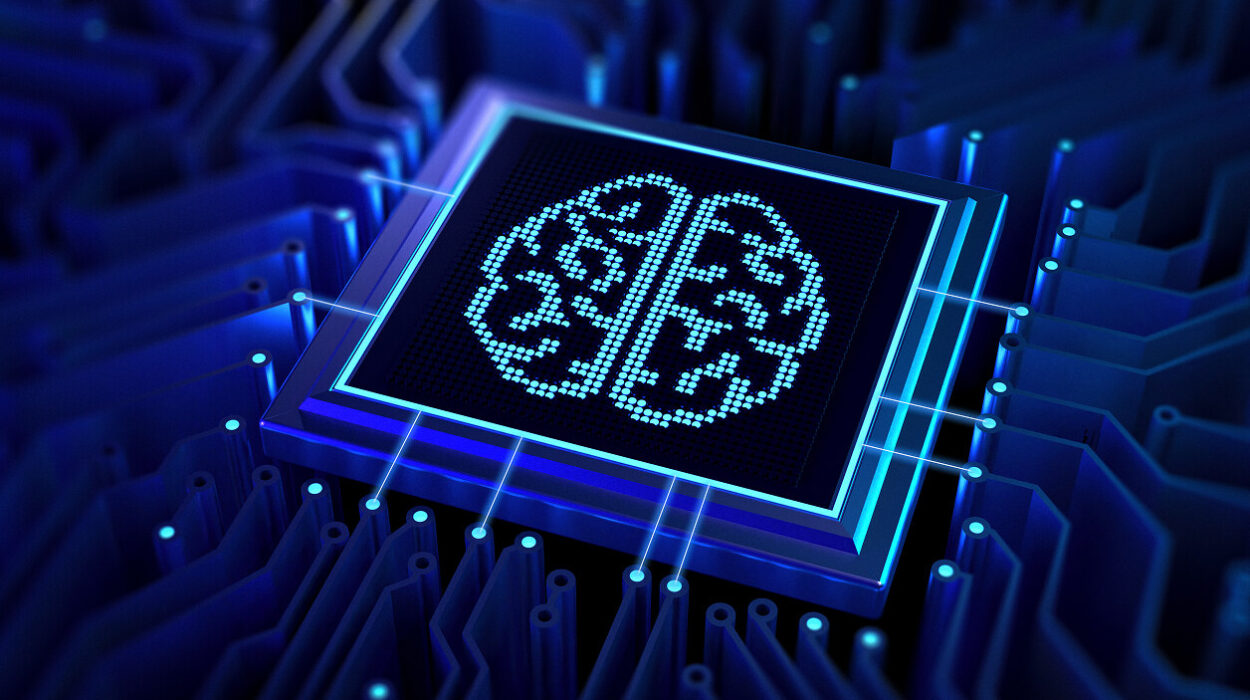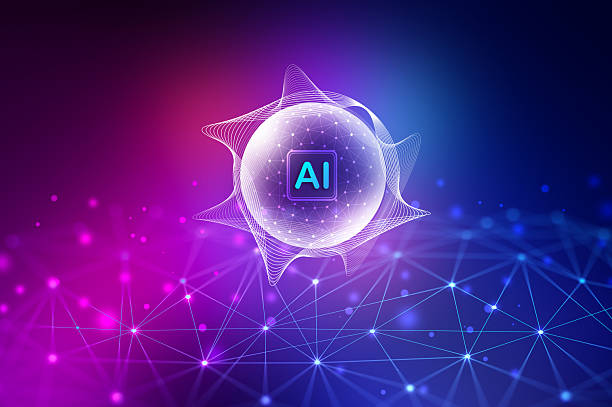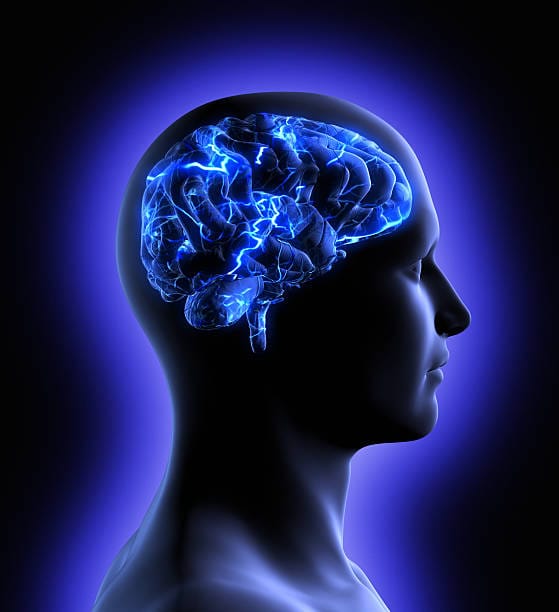Science has always been more than abstract theories or mysterious experiments hidden away in laboratories. It is the invisible architect of our daily lives, shaping the way we eat, travel, communicate, heal, and even think. Many of the things we now take for granted—turning on a light switch, making a phone call across the world, taking a simple pill for a headache—are possible because of groundbreaking discoveries made by scientists.
These discoveries didn’t just stay in textbooks; they reshaped human civilization. They altered history, expanded lifespans, connected continents, and transformed societies. Without them, our lives would be unimaginably different—perhaps shorter, harsher, and far less connected.
In this article, we will explore ten of the greatest scientific discoveries that not only advanced human knowledge but also fundamentally changed how we live every single day.
1. The Discovery of Electricity
Imagine a world without light bulbs, refrigerators, computers, or smartphones. That was reality before the discovery and harnessing of electricity.
Electricity, in its raw form, was observed by ancient civilizations through phenomena like lightning and static charges. But it wasn’t until the 18th and 19th centuries that scientists such as Benjamin Franklin, Michael Faraday, and James Clerk Maxwell began to understand and harness it. Faraday’s work with electromagnetism and Maxwell’s equations provided the foundation for the modern electrical age.
With the invention of practical systems by pioneers like Thomas Edison and Nikola Tesla, electricity became a force that transformed everyday life. It powers our homes, fuels industry, enables modern communication, and drives nearly every technology we rely on.
Electricity didn’t just light up the world—it electrified progress itself, becoming the lifeblood of modern civilization.
2. Germ Theory of Disease
For most of human history, people didn’t know what caused illness. Diseases were often blamed on evil spirits, bad air, or divine punishment. Then came the revolutionary discovery of the germ theory of disease in the 19th century, pioneered by scientists like Louis Pasteur and Robert Koch.
They proved that microscopic organisms—bacteria and viruses—were the true culprits behind many deadly diseases. This discovery changed medicine forever. It led to better sanitation, sterilization of surgical tools, pasteurization of milk, and eventually the development of vaccines and antibiotics.
Every time you wash your hands, take a prescribed antibiotic, or get vaccinated, you are benefiting from the germ theory of disease. It is no exaggeration to say this discovery saved millions—perhaps billions—of lives and continues to protect humanity every day.
3. The Structure of DNA
In 1953, James Watson and Francis Crick, building on the crucial X-ray diffraction work of Rosalind Franklin, unveiled one of the most iconic discoveries in biology: the double-helix structure of DNA.
This twisted ladder of nucleotides is the blueprint of life. It contains the instructions for building and maintaining every organism on Earth, from bacteria to humans. The discovery of DNA’s structure opened the door to modern genetics, biotechnology, and medicine.
Today, DNA research impacts everyday life in countless ways. It powers forensic science, allowing crimes to be solved. It helps identify hereditary diseases and tailor personalized medicine. It is central to agriculture, where genetically modified crops help feed billions. DNA testing even helps people trace their ancestry and learn about their health risks.
This discovery didn’t just reveal what makes us who we are—it gave us the power to understand and, in some cases, rewrite the code of life.
4. Vaccination
Few discoveries have saved more lives than vaccination. The story began in the late 18th century, when Edward Jenner noticed that milkmaids who contracted cowpox were immune to smallpox, one of the deadliest diseases in history. By inoculating people with cowpox, Jenner laid the foundation for vaccines.
Since then, vaccines have eradicated smallpox, nearly eliminated polio, and drastically reduced the prevalence of measles, tetanus, diphtheria, and countless other diseases. They continue to protect humanity from emerging threats, including pandemics.
Vaccination is one of the most powerful tools of public health. It allows children to grow up healthy, reduces healthcare costs, and prevents epidemics from devastating communities.
Every time you roll up your sleeve for a vaccine, you are participating in one of science’s greatest triumphs—one that changed the trajectory of human history.
5. Antibiotics
Before the 20th century, even a minor infection from a cut or scratch could be fatal. That changed in 1928 when Alexander Fleming discovered penicillin, the first true antibiotic. Fleming noticed that a mold (Penicillium notatum) killed surrounding bacteria, sparking a revolution in medicine.
Antibiotics gave doctors a powerful weapon against bacterial infections like pneumonia, tuberculosis, and strep throat. Surgeries became safer, childbirth became less risky, and life expectancy soared.
Of course, antibiotics are not without problems—overuse has led to antibiotic resistance, a growing global challenge. Still, their discovery fundamentally reshaped healthcare and continues to save lives every day.
Without antibiotics, modern medicine—from organ transplants to chemotherapy—would be nearly impossible.
6. The Theory of Relativity
When Albert Einstein published his theories of relativity in the early 20th century, they seemed abstract, almost philosophical. But today, relativity touches your life in ways you may not even realize.
Einstein’s general relativity revolutionized our understanding of gravity, space, and time. His special relativity revealed that time slows down at high speeds and that energy and mass are interchangeable (E=mc²).
How does this affect everyday life? Without relativity, GPS systems would not work correctly. Satellites orbiting Earth experience time slightly differently than clocks on the ground. Relativity corrects for this difference, allowing your phone to guide you accurately.
Relativity also underpins nuclear power and energy production, space exploration, and even aspects of modern physics that shape technology. What began as a daring theory became a practical force shaping daily life.
7. The Printing Press
Though not a laboratory experiment, the invention of the printing press by Johannes Gutenberg in the 15th century was a scientific and technological breakthrough that transformed human life.
Before the press, books were copied by hand, making knowledge scarce and expensive. With Gutenberg’s invention, books could be mass-produced. This revolutionized education, spread scientific knowledge, and fueled the Renaissance and Enlightenment.
Today, the legacy of the printing press is everywhere—from newspapers to textbooks to the very concept of mass communication. Without it, science itself might never have advanced as rapidly, because discoveries could not have been widely shared.
The printing press democratized knowledge, paving the way for the modern world.
8. The Internet
Arguably the most transformative discovery of the late 20th century is the Internet. What began as a research network (ARPANET) in the 1960s became a global system of communication that now connects billions of people.
The Internet has reshaped every aspect of daily life. It powers business, education, healthcare, and entertainment. It allows people to connect across continents instantly, access unlimited information, and share ideas on a scale never before imaginable.
From online banking to social media, from telemedicine to e-commerce, the Internet is not just a tool—it is the backbone of the modern world. And it all grew out of advances in computer science, telecommunications, and networking.
The Internet is the printing press of our age, a discovery that redefined human society.
9. Anesthesia
Imagine undergoing surgery without anesthesia. For much of human history, that was the terrifying reality. Operations were performed with patients fully conscious, relying on alcohol, opium, or brute force for relief.
That changed in the 19th century when doctors began using substances like ether and chloroform to induce unconsciousness during surgery. Later, safer and more effective anesthetics were developed.
Anesthesia revolutionized medicine. It made surgery humane, expanded what procedures were possible, and saved countless lives. Today, millions of people undergo surgeries each year thanks to this discovery.
Every time you or someone you know undergoes an operation without pain or memory, you are experiencing the transformative power of anesthesia.
10. The Telephone
The ability to communicate instantly across vast distances was once unimaginable. Then, in 1876, Alexander Graham Bell invented the telephone, forever changing human interaction.
The telephone shrank the world. It connected families, facilitated business, and transformed emergency response. Over time, it evolved into mobile phones and then into smartphones—devices that are now central to modern life.
The telephone wasn’t just a convenience; it was a revolution. It brought voices together across oceans, laid the foundation for global communication, and eventually gave rise to the digital age.
Every time you make a call, send a text, or use an app, you are participating in a chain of discovery that began with one of the simplest yet most profound scientific inventions: the telephone.
Conclusion
Science is often portrayed as something distant from ordinary life, hidden in equations or confined to laboratories. But as these discoveries show, science is everywhere. It illuminates our nights, heals our illnesses, connects our voices, and carries our thoughts across the world.
The ten discoveries listed here—electricity, germ theory, DNA, vaccination, antibiotics, relativity, the printing press, the Internet, anesthesia, and the telephone—are not just milestones in history. They are living forces that shape every moment of our daily existence.
Every time you flip a switch, make a call, take a pill, or log onto the Internet, you are experiencing the triumph of human curiosity and ingenuity. These discoveries remind us that science is not only about answering questions—it is about changing lives.
And who knows? The next great discovery may be waiting just around the corner, ready to transform the world once again.






